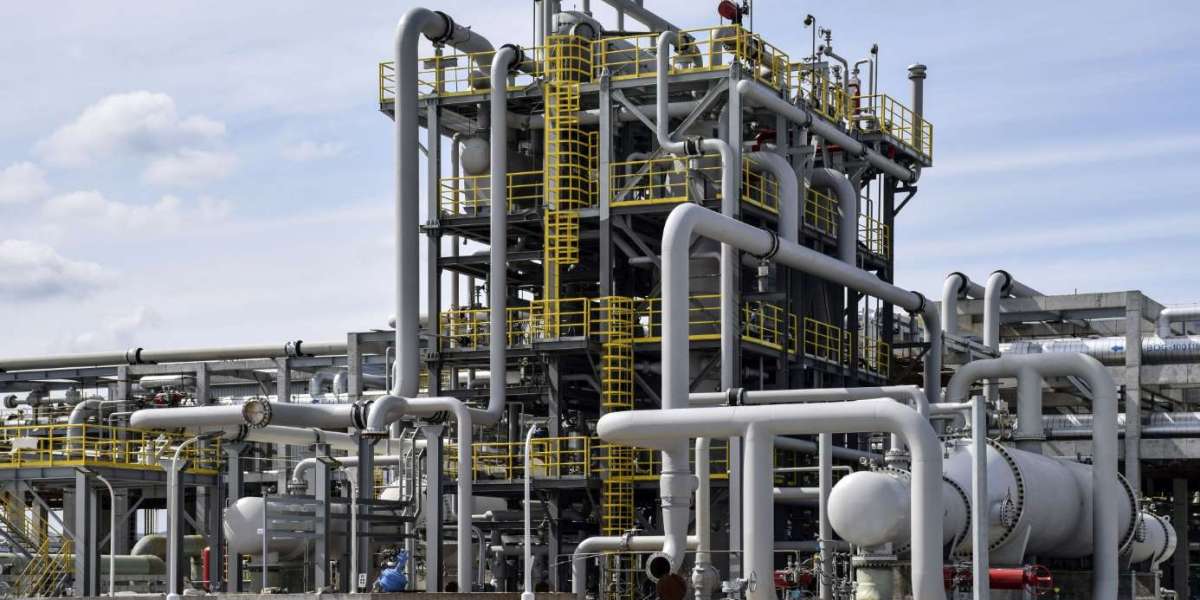In our everyday lives, energy plays a crucial role, powering our homes, businesses, and industries. Behind this seamless supply of energy, pipeline companies operate as the backbone of energy infrastructure, ensuring the safe and efficient transportation of oil, natural gas, and other essential fuels. But what exactly are pipeline companies, and how do they function? Let’s dive into the world of pipeline companies to understand their significance, operations, and the challenges they face.
What Are Pipeline Companies?
Pipeline companies are specialized firms responsible for the construction, maintenance, and operation of pipelines that transport liquids and gases over long distances. These pipelines can stretch across countries and continents, providing a vital link between production sites, refineries, and end-users. The primary products transported by these pipelines include crude oil, refined petroleum products, natural gas, and other chemical substances.
The Role of Pipeline Companies in the Energy Sector
Pipeline companies are essential to the energy sector for several reasons:
Efficient Transportation: Pipelines offer a cost-effective and reliable means of transporting large volumes of energy resources. Unlike trucks or trains, pipelines can move vast quantities continuously, reducing transportation costs and minimizing delays.
Safety and Environmental Impact: While there are inherent risks, pipelines are generally considered safer and more environmentally friendly compared to other transportation methods. Modern pipelines are equipped with advanced monitoring systems to detect leaks and ensure operational integrity.
Energy Security: By providing a stable and efficient transportation network, pipeline companies contribute to energy security. They enable countries to have a steady supply of energy, which is critical for economic stability and growth.
Economic Contribution: The pipeline industry generates significant economic activity, including job creation, investments in infrastructure, and contributions to local and national economies through taxes and royalties.
How Pipeline Companies Operate
Pipeline companies follow a complex yet streamlined process to ensure the safe and efficient transport of energy products. Here’s a simplified overview of their operations:
Planning and Development: Before construction begins, pipeline companies conduct extensive planning and feasibility studies. This includes environmental assessments, route planning, and securing necessary permits and land rights.
Construction: Building a pipeline involves advanced engineering and technology. Companies use specialized equipment to lay pipes underground, under water, or above ground, depending on the terrain and environmental considerations.
Maintenance and Monitoring: Once operational, pipelines require regular maintenance to ensure safety and efficiency. Companies use technologies like smart pigs (pipeline inspection gauges), sensors, and drones to monitor the pipeline's condition and detect potential issues.
Regulatory Compliance: Pipeline companies must adhere to strict regulations and standards set by government agencies to ensure safety, environmental protection, and operational integrity. This includes regular inspections, reporting, and compliance with safety protocols.
Challenges Faced by Pipeline Companies
Despite their critical role, pipeline companies face several challenges:
Environmental Concerns: Pipeline construction and operation can have significant environmental impacts. Companies must work to minimize these effects through careful planning, advanced technologies, and adherence to environmental regulations.
Regulatory Hurdles: The pipeline industry is heavily regulated, and obtaining the necessary permits can be a lengthy and complex process. Companies must navigate federal, state, and local regulations to move forward with their projects.
Public Opposition: Pipelines often face opposition from communities and environmental groups concerned about potential spills, environmental degradation, and impacts on local ecosystems. Companies need to engage with stakeholders and address their concerns transparently.
Technological Challenges: Maintaining the integrity of pipelines over long distances and varying terrains requires advanced technology and continuous innovation. Companies invest heavily in research and development to improve pipeline safety and efficiency.
The Future of Pipeline Companies
The future of pipeline companies is shaped by evolving energy demands, technological advancements, and a growing emphasis on sustainability. Here are some trends that will influence the industry:
Renewable Energy Integration: As the world shifts towards renewable energy sources, pipeline companies are exploring ways to transport alternative fuels like hydrogen and biofuels. This requires modifying existing infrastructure and developing new technologies.
Digital Transformation: The adoption of digital technologies such as IoT (Internet of Things), AI (Artificial Intelligence), and data analytics is revolutionizing pipeline operations. These technologies enhance monitoring, predictive maintenance, and overall efficiency.
Environmental Stewardship: Pipeline companies are increasingly focusing on reducing their environmental footprint. This includes investing in green technologies, improving spill response capabilities, and supporting conservation efforts.
Global Collaboration: International collaboration and partnerships are becoming more common as energy markets globalize. Pipeline companies are working together to share best practices, develop cross-border projects, and address global energy challenges.
Conclusion
Pipeline companies play an indispensable role in the global energy landscape. Their ability to transport vast quantities of essential fuels safely and efficiently underpins modern economies and everyday life. While they face significant challenges, ongoing advancements in technology and a commitment to sustainability are paving the way for a resilient and innovative future. Understanding the vital role of pipeline companies helps us appreciate the complex infrastructure that powers our world and the ongoing efforts to make it safer, more efficient, and environmentally responsible.







